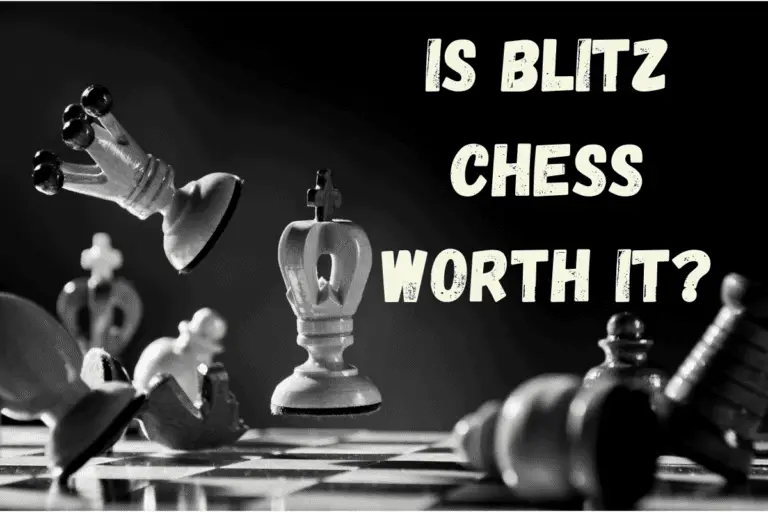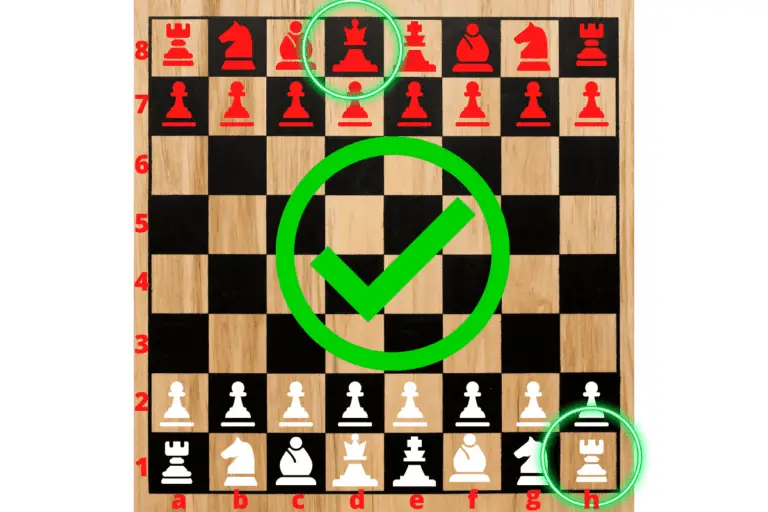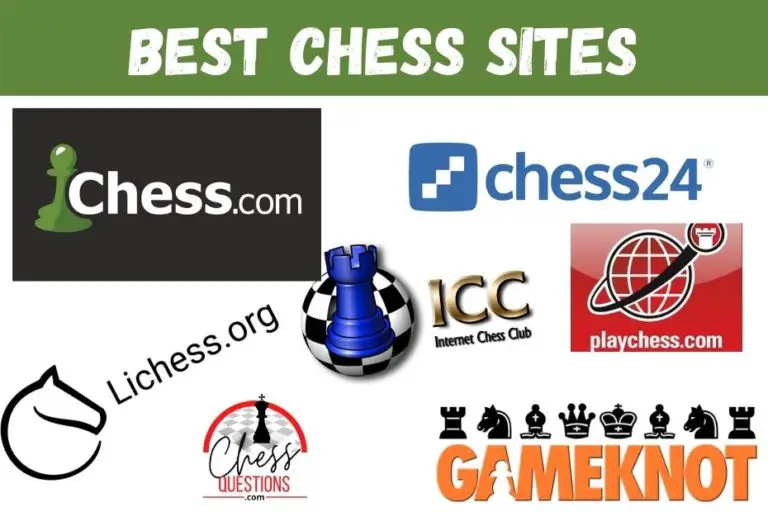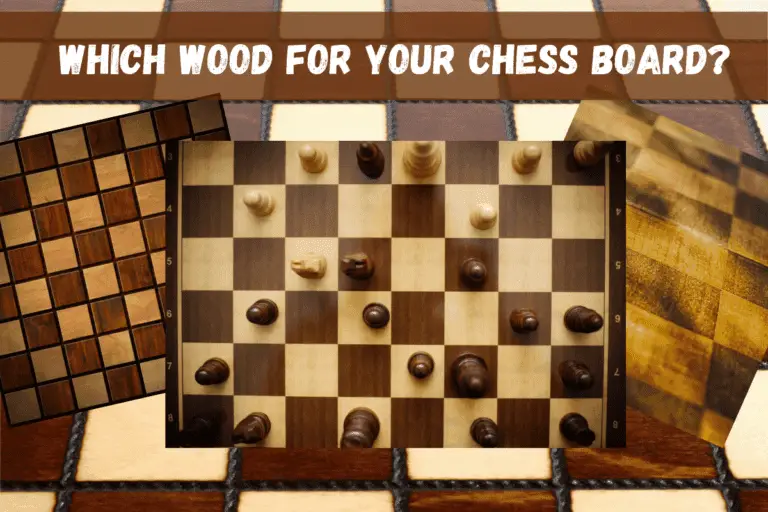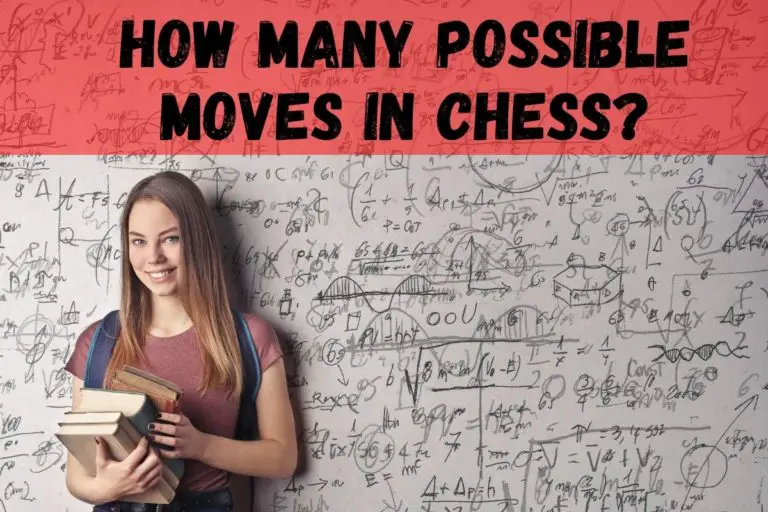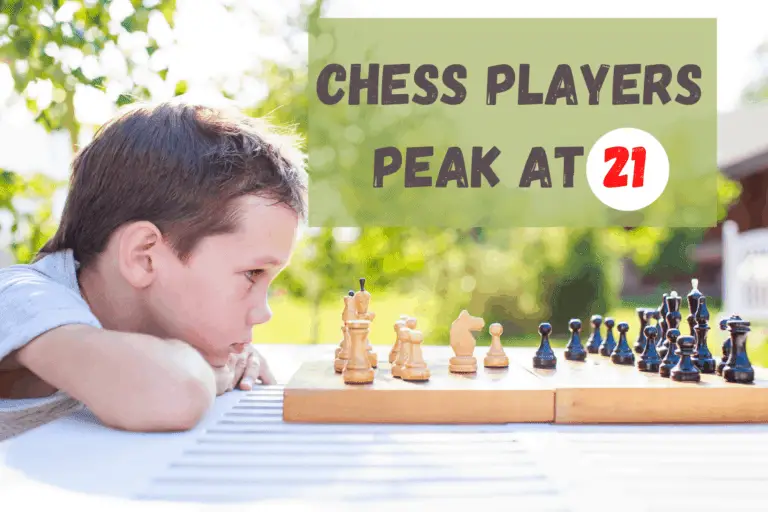Perfect or Unbeatable? If Chess Could Be Solved
⭐⭐⭐ Take 3 minutes to read and improve your chess game ➡️ : This article was first published on, and is Copyright of Chessquestions.com
Is there a perfect strategy for chess? What would be the point of playing if you knew that no matter what your opponent did, you could always win? Is it possible to beat an unbeatable player in chess? If so, how can we find this strategy and know if it is perfect or not. In this blog post we will explore these questions and the over-arching consideration if chess can ever be solved.
As of today, there is no ‘solution’ to chess to produce either the perfect unbeatable strategy or a situation where perpetual draws would be the result between opponents, human or computerized. It is believed a chess solution would take 1090 years to be arrived at!
Given there are mathematically calculated 10120 possible outcome variations to the full movement in a game of chess and remember that’s a 10, followed by 120 zeros numerically, even the most advanced computers today are not going to get through that lot, especially when you consider they are based on 1043 possible board positions.
Claud Shannons Chess Solution Paper
Look, I’m not going to bore you with any in-depth mathematical approach to this theory, You come wondering if chess will be solved or not, and the short answer, is that it is very unlikely to be at any point in the near, or probably mid-future.
For more information on these Mathematical Calculations, you might be better reading the Claud Shannon paper that explained how the predictions were arrived at [http://archive.computerhistory.org/projects/chess/related_materials/text/2-0%20and%202-1.Programming_a_computer_for_playing_chess.shannon/2-0%20and%202-1.Programming_a_computer_for_playing_chess.shannon.062303002.pdf]
Nothing would happen if chess were solved anyway
There is no human brain that could memorise the possible calculations for perfection in optimal moves in chess.
Claude Shannon made his predictions over 70 years ago, and with that length of time in technological advancement in computing, the solution is still not even in the distant future.
Bobby Fischer may have argued that chess had been part-solved and become boring in his later years anyway – His growing frustration with the memorisation of certain patters of play and move possibilities in chess, [http://billwall.phpwebhosting.com/articles/Memory.htm] particularly around openings and entry to the mid-game drove him crazy [with frustration], so much so that he cited them as part of the reason for walking away from chess.
This despite his incredible memory!!
But in any case, the challenge of out playing your opponent in chess, and solving the challenge of beating just that one opponent in the moment would be enough to continue playing.
Everything is math anyway, and there are other math conundrums that have been solved but has not prevented the pleasure of the puzzle to still exist for others.
What WOULD happen if Chess were solved?
If chess was solved and everyone and everything could play the absolute, error free, optimal move every time, then chess would be a rather boring game, perpetually playing out to a draw or stalemate on each occasion.
There wouldn’t be much demand, and to be frank, if we have the computing power or brain power to achieve the perfect game of chess, we would probably be putting out mind to something else, like quantam time travel or something else.
Hey, just a thought, how cool would that be, to travel back to 1200 or so and go smash everyone at chess or suggest en passant out of the blue!!
Back to reality now.
The Perfect Game Doesn’t Have to have 100% perfect moves.
Some would say, and at the time reigning world champion, Viswanathan Anand would certainly consider his 17 move victory over Boris Gefland in 2012 being about as perfect a game as could be executed. Especially as it came at the World Championships. What a match and event in which to do that to another GM
It was a perfect game for Anand for sure, Gelfland explained he missed the move, and could add no more.
By the same token, Anand was subject to a 6 move resignation some years earlier, after (1.e4 e5 2.Nf3 Nf6 3.Nxe5 d6 4.Nf3 Nxe4 5.Nc3 Bf5?? 6.Qe2) against Alonso Zapata.
Zapata may not claim perfect play, but it was certainly a perfect result for him
Weak Solutions?
It is predicted that chess may be weakly solved, as Go has been on 5×5 and 7×7 boards, sometime around 2035 with continued advancement of computer technology and processing speed and any fears of a chess solution ruining the game should not be a concern for players.
It may produce the basis of new strategies for skilled players, but wil be somehting that is available for anyone to use, so remains the competitive elemt of whatever competition of chess there may be at the time.
You can not stop progres, and no doubt, whatever advancements there are in th world be it on the chess board, athletic or mental abilites, new challenges present themselves on results and progress anyway.

